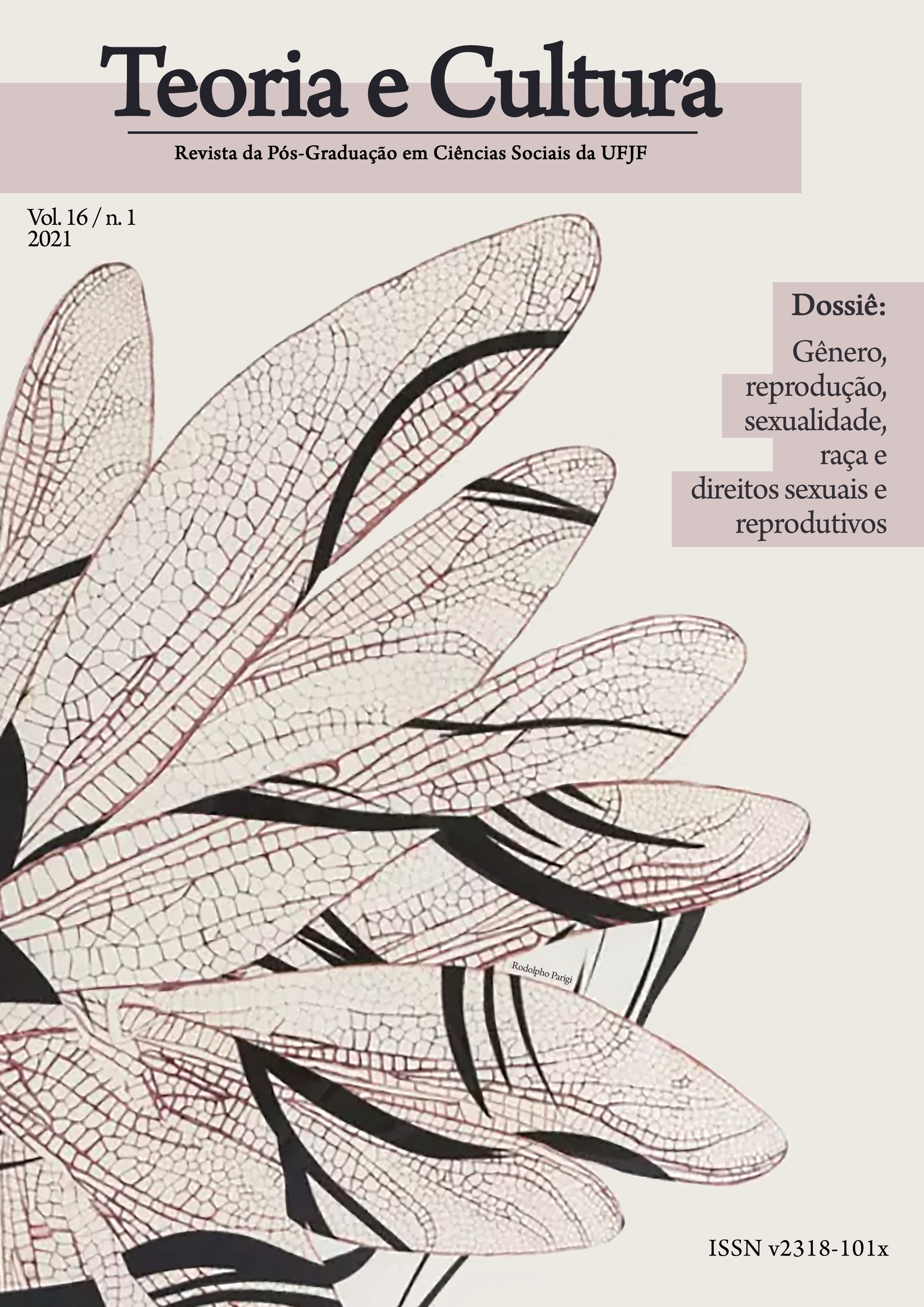Religion and politics
the agenda of the “fight against indigenous infanticide” and the control over indigenous women’s and children’s bodies
DOI:
https://doi.org/10.34019/2318-101X.2021.v16.30771Abstract
The so called "indigenous infanticide" is an expression sustained in Brazil by actors tied to evangelical and conservative sectors. The expression was launched by these subjects into the institutional political field. Therefore, representatives, senators and ministers defend that the "infanticide" refers to a current and indiscriminate practice existent between indigenous peoples in Brazil. According to such perspective, the "infanticide" infringes upon the right to life - a pillar of Human Rights - and must be widely restrained by the state. The Bill of Law nº 119/2015, which deals with the existence and eradication of the “indigenous infanticide”, reveals itself in this context as a political tool of control over indigenous women’s and children’s body, as it legitimates the removal of children from their original context under the justification of vulnerability and risk of intentional death. This article discusses the "indigenous infanticide" and presents to the reader the set of actors responsible for creating and sustaining the social movement that prescribes its combat. Its main objectives are to explicit the relations between religion and politics existent in the movement and to reflect on the manners in which it unfolds into a technology of control of bodies by part of the state.
Downloads
Downloads
Published
Versions
- 2021-07-05 (2)
- 2021-07-05 (1)








